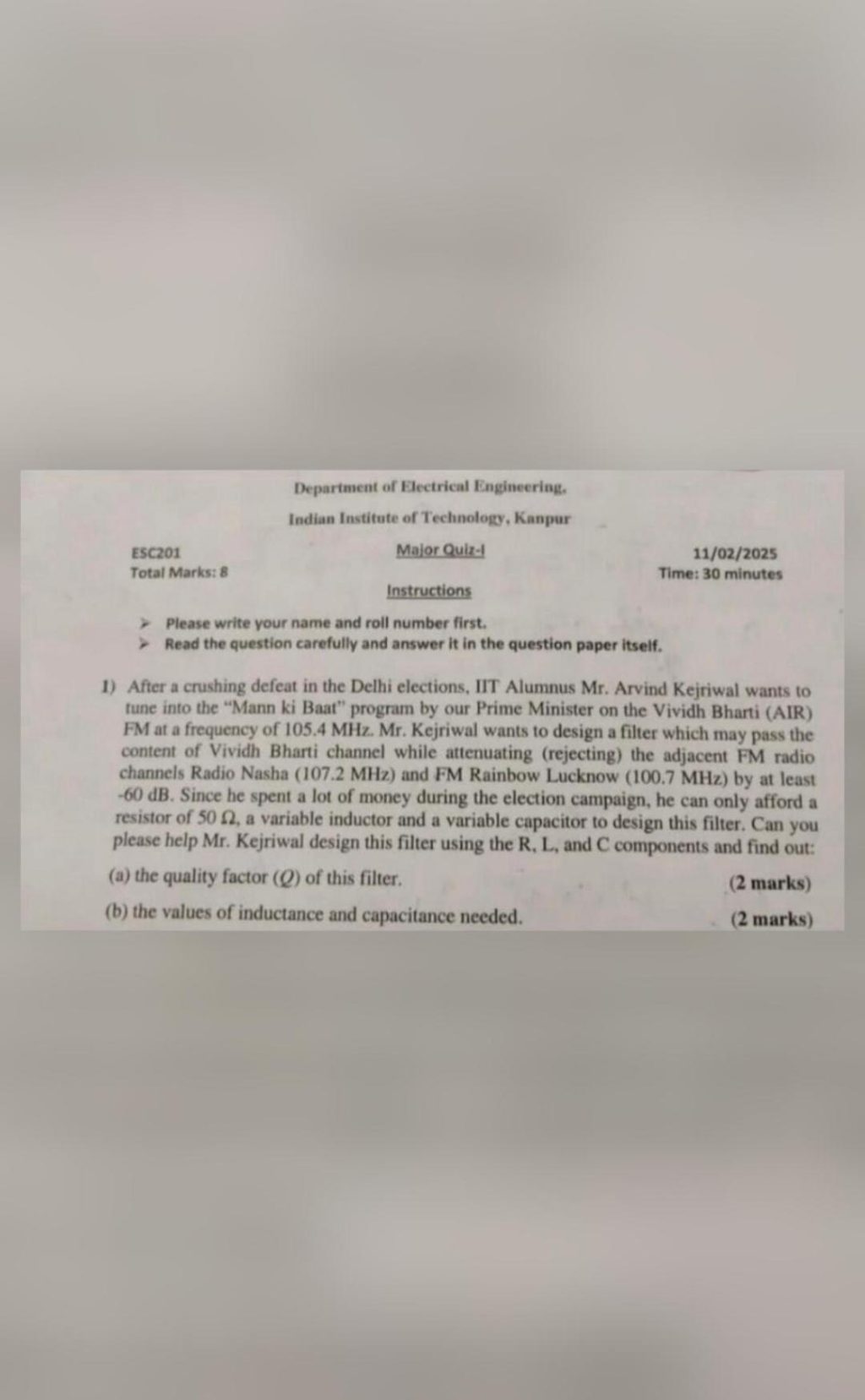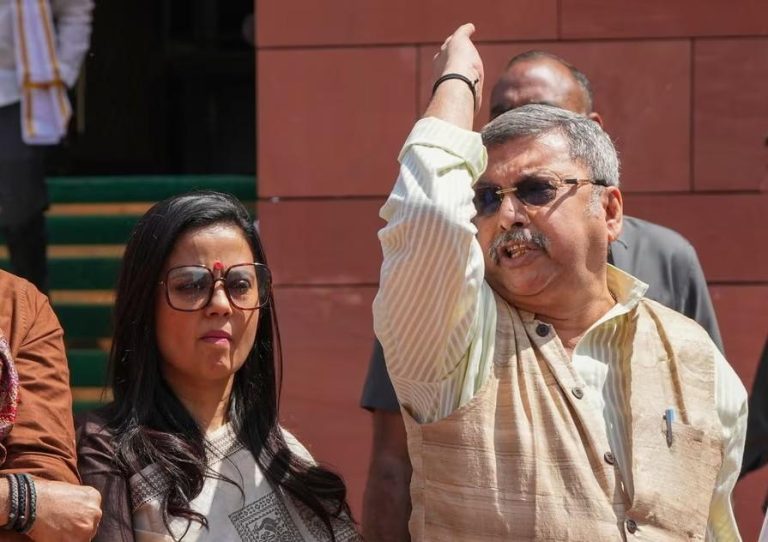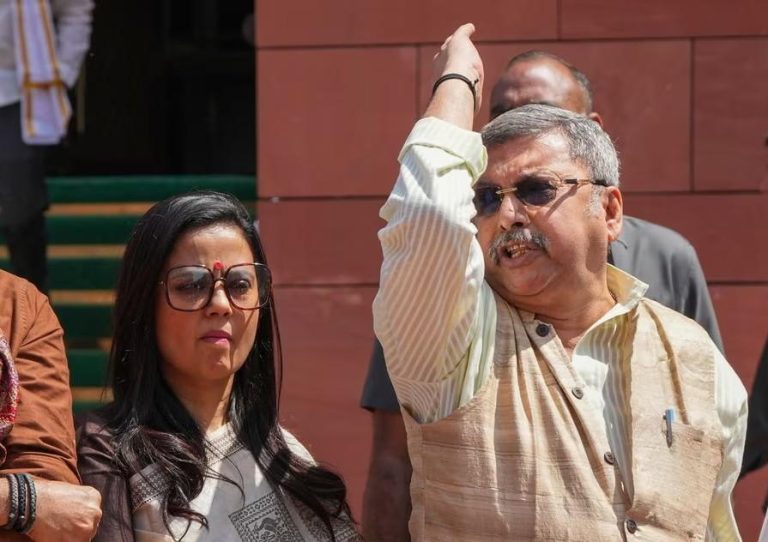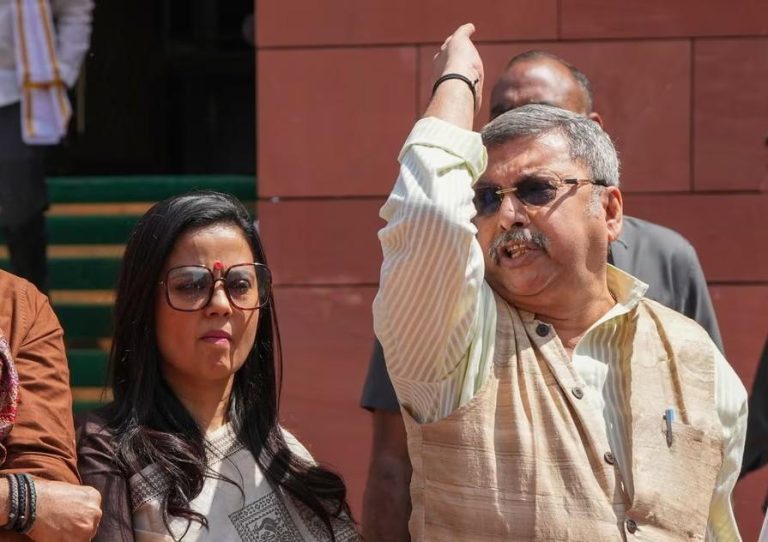
Wanted Exam to be More Engaging: IIT Kanpur on ‘Kejriwal & Mann Ki Baat’ Question
In a surprising turn of events, a question paper from the Indian Institute of Technology (IIT) Kanpur has gone viral after it asked students to design a filter for Arvind Kejriwal, the Chief Minister of Delhi, to help him tune into Prime Minister Narendra Modi’s monthly radio program ‘Mann Ki Baat’ after the Delhi Assembly polls. The question paper’s unique approach has sparked a conversation about how to make exams more engaging and relevant to students’ lives.
The question, which was part of a mechanical engineering paper, read: “Design a filter for Arvind Kejriwal to tune into Mann Ki Baat after Delhi poll loss.” The question was met with a mix of amusement and surprise on social media, with many users praising the institute’s creativity. However, not everyone was impressed, with some critics arguing that the question was unnecessary and unrelated to the course material.
But is this question really as unusual as it seems? According to IIT Kanpur, the professor who drafted the question paper likes to use references to well-known personalities to make exam questions more engaging. In an interview with News18, the institute confirmed that the question was “real” and not a prank. The professor’s intention was to make the exam more relatable and interesting for students, rather than simply testing their technical knowledge.
The use of pop culture references in exam questions is not a new trend, but it is not always well-received. Some critics argue that it can be distracting and take away from the seriousness of the exam. However, others believe that it can be an effective way to make learning more enjoyable and relevant to students’ lives.
In recent years, there has been a growing trend towards using gamification and storytelling in education. This approach recognizes that students learn better when they are engaged and motivated, and that traditional methods of teaching can be dry and uninteresting. By incorporating elements of pop culture and real-life scenarios into exam questions, educators can make learning more enjoyable and relevant to students’ lives.
But what are the benefits of using pop culture references in exam questions? For one, it can make learning more enjoyable and engaging. When students are able to connect what they are learning to their everyday lives, they are more likely to be motivated and interested in the subject matter. Additionally, using pop culture references can help to break down barriers and make learning more accessible to students who may not have previously been interested in a particular subject.
Another benefit of using pop culture references in exam questions is that it can help to develop critical thinking and problem-solving skills. When students are presented with a real-life scenario, they must use their critical thinking skills to analyze the situation and develop a solution. This approach can help to prepare students for the real world, where they will be faced with complex problems and challenges that require creative and innovative solutions.
However, not everyone is convinced that using pop culture references in exam questions is a good idea. Some critics argue that it can be distracting and take away from the seriousness of the exam. Others believe that it is unnecessary and that students should focus on the course material rather than trying to relate it to pop culture.
In conclusion, the IIT Kanpur’s question paper asking students to design a filter for Arvind Kejriwal to tune into Mann Ki Baat after Delhi poll loss may have sparked a conversation about how to make exams more engaging and relevant to students’ lives. While there are benefits to using pop culture references in exam questions, there are also potential drawbacks to consider. Ultimately, the decision to use pop culture references in exam questions will depend on the goals and values of the educator and the institution.



